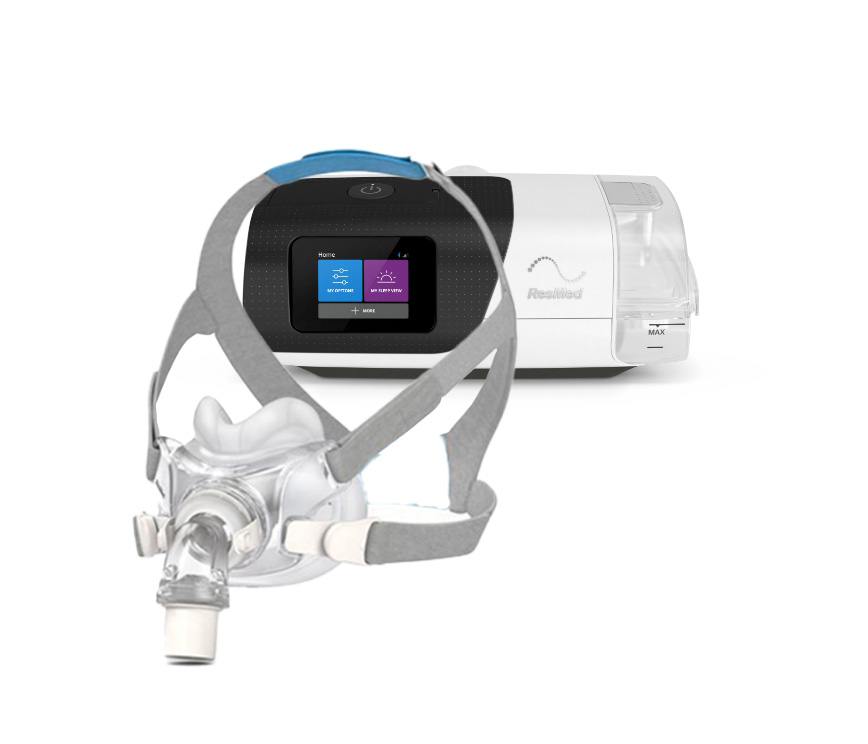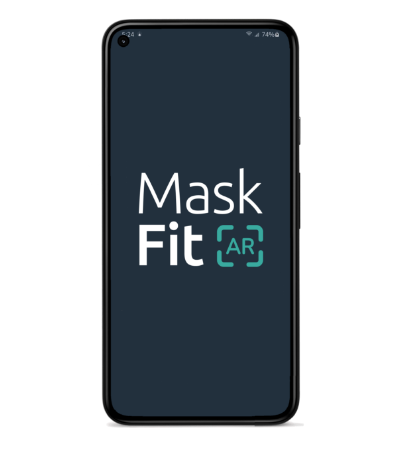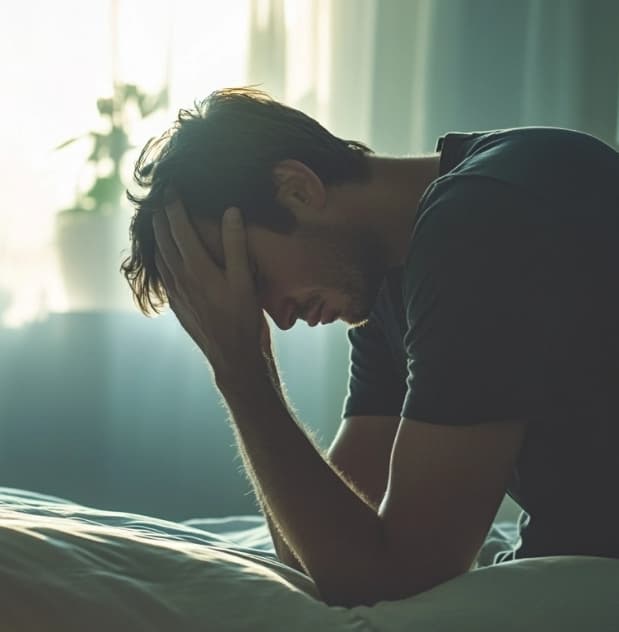Sleep Solutions
Enos Sleep Solutions provides expert CPAP therapy support and equipment across Southeastern New England. Sleep better—contact us today!
Enos Sleep Solutions provides expert CPAP therapy support and equipment across Southeastern New England. Sleep better—contact us today!
If you’ve been recently diagnosed with sleep apnea, you’re not alone. Sleep apnea affects millions of people, including many right here in Southeastern New England. One of the most effective treatments for this condition is CPAP (Continuous Positive Airway Pressure) therapy. While starting CPAP therapy can feel overwhelming, understanding the challenges, benefits, and what to expect can make the journey easier—and life-changing.

Time for a CPAP Replacement?
If it’s been 5 years or more, you may be eligible for a replacement!
Contact ENOS Home Medical today to check your eligibility.
The Benefits of CPAP Therapy
Sleep apnea causes repeated interruptions in breathing during sleep, leaving you feeling exhausted and at risk for serious health issues. CPAP therapy works by delivering a constant flow of air to keep your airways open, ensuring you breathe freely throughout the night.
For residents in Southcoast Massachusetts, Rhode Island, and Connecticut, consistent use of CPAP therapy can:
Improve your sleep quality:
Enhance your overall health:
Boost your mental clarity:
Improve your mood:

Enos Home Medical offers
MaskFit AR
A cutting-edge tool using AI and facial scanning to ensure the perfect CPAP mask fit. Get Sized Right with MaskFit AR—Experience your perfect fit today!
The Risks of Not Using CPAP Therapy
Ignoring your sleep apnea or failing to stick with treatment can have serious consequences, such as:
Increased health risks:
Untreated sleep apnea significantly raises your risk for cardiovascular issues.
Chronic fatigue:
Compromised safety:
Ready to improve your sleep? Contact Enos Home Medical today to learn more about our personalized sleep solutions and how we can help you wake up refreshed!
